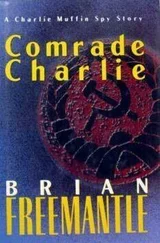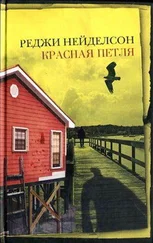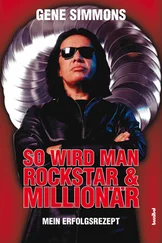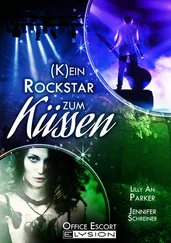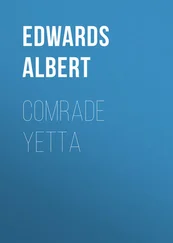What Johnny couldn't see was that, without the Berlin Wall, Dean Reed had no role. When Dean crossed to the East he seemed seditious, foreign, sexy, American.
The Cold War raged; Dean sang. He was wonderful propaganda, this American true believer they could sell to their own people. Dean was rock and roll and good times; for twenty years behind the Iron Curtain Dean Reed seemed to be a force for life or at least the illusion of it.
As things changed, even in the short time I had been looking for him, Dean Reed seemed to recede towards some far horizon defined by the Cold War.
"There was no profit in a dead man," Vaclav Nectar said in Prague, where a million portraits of Vaclav Havel replaced a million pictures of Vladimir Lenin. In a record store up a cobbled street near Havel's castle, an old lady in carpet slippers searched the bins in vain.
"Dean Reed? I am so sorry, but it was a very long time ago," she said.
Still, the little Dean Reed industry cranked up by Dean's death hummed along. Dean's first wife, Patty, was said to be writing a book and so were half a dozen other people. I heard that Martin Scorsese was interested in making a movie and so was Stewart Copeland, the drummer for the Police. At some point I read in the Los Angeles Times that Ed Pressman, the producer, was thinking of making a movie about Dean. Alive, Dean couldn't get an agent in Hollywood; dead, he was a hot property.
Nothing happened.
And so it went. A first version of my book was published in England and the documentary for the BBC's Arena was aired, both in 1991. Occasionally, Mona Rosenburg sent me a Christmas card or some of her pickled beets.
And then, about seven years later, my agent and friend Brian Siberell, in Los Angeles, said, "Remember that book of yours, Comrade Rockstar ?" And I said, sure, of course I remembered it. And he said, "Mind if I send it around?"
"Why not?" I said, and forgot about it.
A year or so later, I was in a missile silo in Wyoming, working on a BBC documentary about America's Missileers, when my cellphone rang. It was Brian.
"I've sold Comrade Rockstar to Tom Hanks," he said.
On a subsequent trip to California, I went to visit Playtone and met up with Gary Goetzman, who runs the company with Tom Hanks. I was having lunch with Gary, who gives lie to the idea that Hollywood producers are crass or dull - Gary was neither of these, but warm and smart - when a tall man appeared. He put out his hand and said, "Hi, I'm Tom." I tried to remain cool.
Tom Hanks sat down and talked about the Cold War and Dean Reed for a while and what thrilled and astonished me, apart from the fact that I was sitting and drinking Cokes with Tom Hanks, was that he got it. He understood the story better than I ever had.
But what did I make of it? What did I make of Dean Reed? The music was nothing special. The movies were silly and the politics naive. I also knew he could not have existed without the Berlin Wall or the Iron Curtain. He was a tale from the Cold War. It was his frontier.
I was ultimately convinced that his death was suicide or at least a bumbled self-willed accident, not because of letters or autopsy reports or a homicide cop, but because of something I heard in Moscow. It was the most persuasive, most Russian account of how Dean Reed died and why.
After Dean died, Xenia Golubovich, the young woman in Moscow who kept a poster of Dean on her wall, said, "Dean's death was not a surprise for me. It was not a shock for me. And I think he committed suicide because that's what a hero must do. In a way, Dean represents this very strange idea. When a human really wants to become something, he does. And it demands enormous strength. Dean died having absolutely ruined himself. Dean, in his very minor way according to his strength, became what he wanted."
Ошибка автора: на самом деле это произошло в 1970 г. Все перечисляемые далее в абзаце события произошли в 1972 г.
Правильно: Leipzig (немецкий город Лейпциг)
Правильно: Neckar. Ниже по тексту везде повторяется та же ошибка

